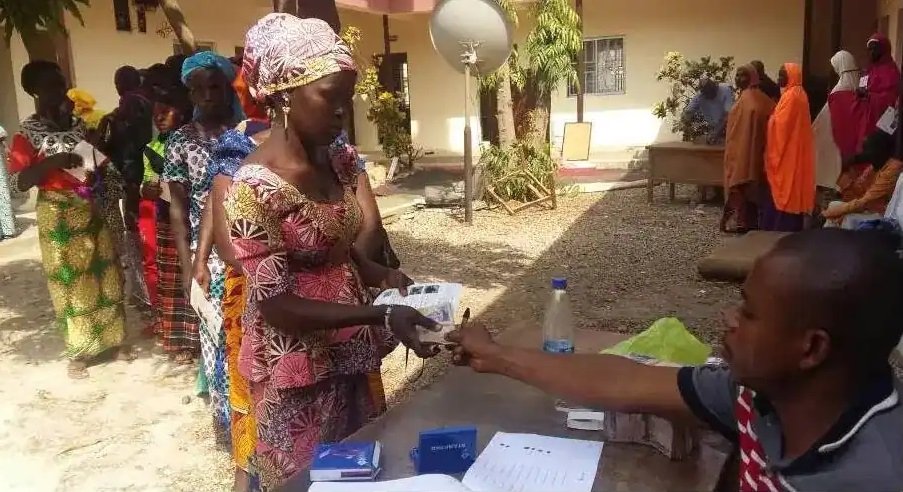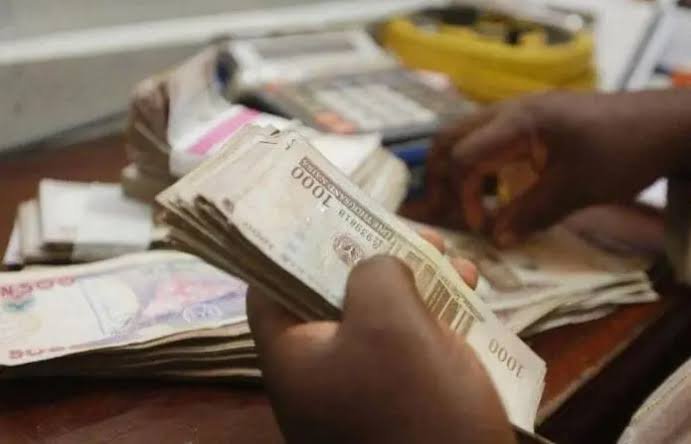News
FG Plans Cash Transfer For 20 Million Poor Nigerians

About 20 million Nigerians will receive cash transfer as part of the federal government’s efforts to improve the living standards of Nigerians.
This is coming amidst severe economic challenges in the country with the cash transfer expected to mitigate the sufferings.
The Minister of Finance and Coordinating Minister of the Economy, Wale Edun, stated this while speaking at a panel session titled ‘Fiscal Reforms for a More Secure Future’ during the 30th Nigeria Economic Summit in Abuja on Tuesday
He said the transfer would be made possible off the revenue that Nigeria made in the 2024 fiscal year and is targeted to impact 60 per cent of the poorest, reaching 20 million persons.
Already, 4million Nigerians have been reached with the cash intervention, he said.
“The social investment programme is spearheaded by direct transfers to reach 60 per cent poorest in the population.
“And right now, 20 million households are being supported directly. And it’s going to rise to, well, 20 million people, four million households so far, and it will rise to 15 million households who will be paid directly by the government.
“That is how President Tinubu’s government is spending the money which is being yielded from better oil production.”
 Further providing light on how the increased revenue income has resulted in the gesture, he said:
Further providing light on how the increased revenue income has resulted in the gesture, he said:
“In terms of revenue, the number one place to look was inwards, domestic resource mobilisation. That’s where the government started. By the first half of this year, revenue had doubled.
“Aggregate government revenue was more than doubled. And that was achieved by applying technology very robustly.
READ ALSO: List of Nigerian States By Poverty Rates, If Yours Is Here….
READ ALSO: Poverty Alleviation In China: A Model For Global Emulation
“We have applied technology in a way that essentially reforms the civil service. Rather than waiting for compliance from government ministries, departments and agencies and government companies, we looked at what the rules and regulations were, how much a company was allowed to spend on its revenue, and then how much of its surplus it had to provide to government.
Speaking on government’s interest in helping other sectors to maximize their potential, he said:
“We are looking to food production to help bring down inflation.
“We aim to make food more available, affordable, and to reduce the cost of living for Nigerians.”
Aside the cash transfers, Edun spoke about other sectors of importance to the government mentioning agricultural for example, where he said the federal government was providing grants and loans of up to N75bn.
“This is how President Tinubu and his government are spending the increased revenue, which has been driven by improved oil production and macroeconomic reforms that are expected to save the country five per cent of GDP,” Edun explained.




























